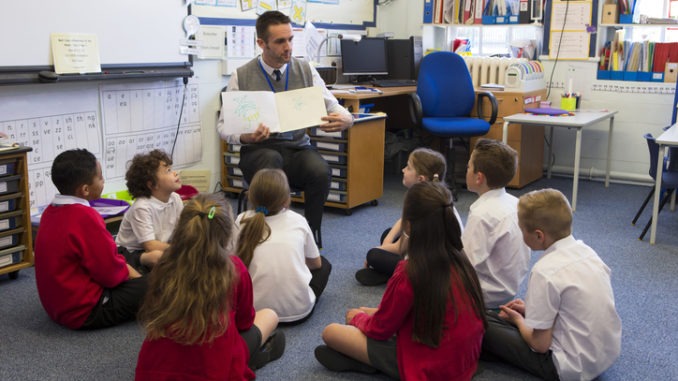
As reported by The Guardian, COVID disruption and Brexit could be behind fall in applications for reception class places, say councils
Birmingham and London have recorded steep falls in demand for primary school places next year, with local authorities reporting that disruption caused by the COVID pandemic, as well as the falling birth-rate and migration after Brexit, may be behind the decline.
London’s boroughs had a seven per cent fall in applications for reception class places in September, while Birmingham had nine per cent fewer applications compared with 2020. Major local authorities in the south-east of England reported declines of two per cent or more, including Essex, Kent, and Brighton and Hove.
Local authority representatives said some of the fall was due to parents simply missing the deadline for applications on 15 January, when schools were closed to most pupils and the post-Christmas wave of infections was rising. The pandemic prevented schools and councils from carrying out traditional marketing such as open days.
The Pan London Admissions Board – which administers state school applications for the 32 London boroughs – said the “turbulence caused by the COVID-19 pandemic” may have led to families not being aware of or missing the application deadline. Parents applying late after the deadline are not guaranteed a state school place.
London Councils, the umbrella group for the 32 local authorities, said: “The boroughs are expecting more late applications this year as many parents were not accessing childcare, where they would usually have had reminders about the application deadline, or have just been too busy dealing with the disruption caused by the pandemic.”
But the decrease was “also likely to reflect a wider set of factors”, it added.
“Other factors, such as the announcement of Brexit and subsequent drop in EU migration, have been cited by some boroughs as having an impact on demand for primary school places,” the councils said.
“COVID-19 is also already having an impact on London’s demographics as boroughs report that more families in London are choosing to move to less urban areas due to changes in circumstances and working patterns.
“These factors vary from borough to borough and are very hard to quantify in terms of numbers, therefore making it increasingly difficult for local authorities to be able to plan school places in the medium to long term.”
But outside London, some local authorities also reported steep declines, with Birmingham seeing applications for school entry fall from nearly 14,400 last year to 13,000 this year. Applications in Oxfordshire were down by more than six per cent. A survey of 71 councils in England by the Press Association found that 63 had seen a fall in applications while just eight had seen a rise.
In England children are encouraged to enrol in full-time schooling from the age of four. Births in England peaked in 2012, with applications for primary school places reaching 641,000 in 2016. But since 2012, births have declined by more than 12%, with applications falling to 612,000 in 2020.
The fall in demand meant less pressure for places in popular schools, with most parts of the country reporting a rise in the proportion of families given places in their first preference.
In Birmingham nearly 92% of applicants received their first choice, up four percentage points compared with 2020. In London, 87% of applicants – 79,343 children – secured their first-preference school, compared with 85% last year.
Kensington and Chelsea remained the most difficult London borough to secure a first-preference spot, with just 66% achieving it this year – worse than last year, when 70% did so.
In Doncaster, the local authority said that 97% of families were given their first preference of school.



Be the first to comment